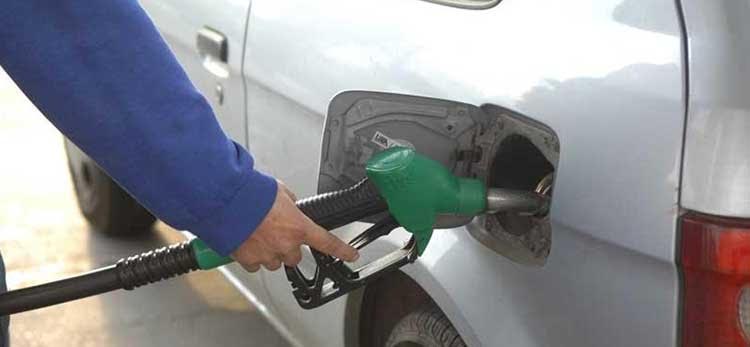 The development of oil refineries in Saudi Arabia and the United Arab Emirates could mean that the two countries will soon do away with the importation of fuel as the volume of imported refined oil has already started dropping.
The development of oil refineries in Saudi Arabia and the United Arab Emirates could mean that the two countries will soon do away with the importation of fuel as the volume of imported refined oil has already started dropping.
Figures have shown that Aramco in Saudi Arabia has already started reducing its petrol importation after operations at two 400,000 bpd refineries started two years ago.
UAE’s state-owned Abu Dhabi National Oil Co has a refining capacity of around 830,000 bpd and it is expected that the Gulf State’ s importation figures could fall to 50,000 bpd if operations at a new residue fluid catalytic cracker is stabilized.
The importation of motor fuel by these two countries is done at a huge expense and they could be on the verge of becoming exporters as the establishment of refineries continues. UAE’s Fujairah refinery and Saudi’s Jazan refinery are expected to be active in the next few years.
The rise is not expected to have a significant impact on the market according to David Wech, managing director of consultancy JBC Energy. He said that “most of the counterbalancing will be done by lower exports from surplus countries, either because domestic consumption is growing (such as in India) or because the refining sector or yields are shrinking (such as in Organization for Economic Co-operation and Development markets.)”
Global demand for fuel is still high despite increasing policies for the use of renewable energy. A note in June from ESAI Energy research agency forecasted that global petrol demand will grow to 50,000 bpd compared to 420,000 bpd this year.
The decrease in importation from Saudi Arabia and the UAE is expected to be replaced by the growing economies where the demand for energy continues to increase. According to traders, only the trade flow will change.
